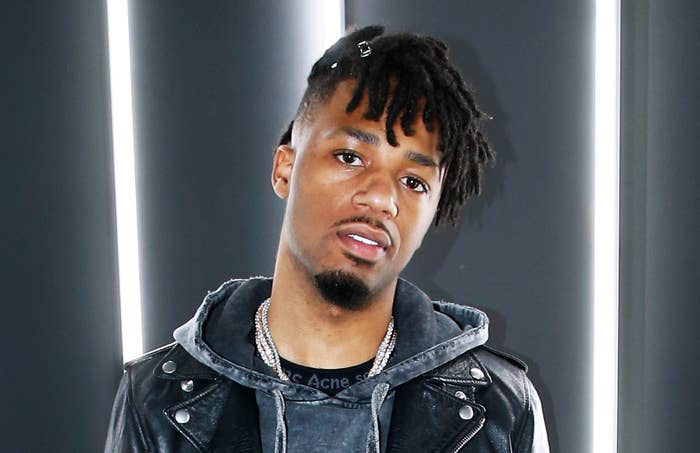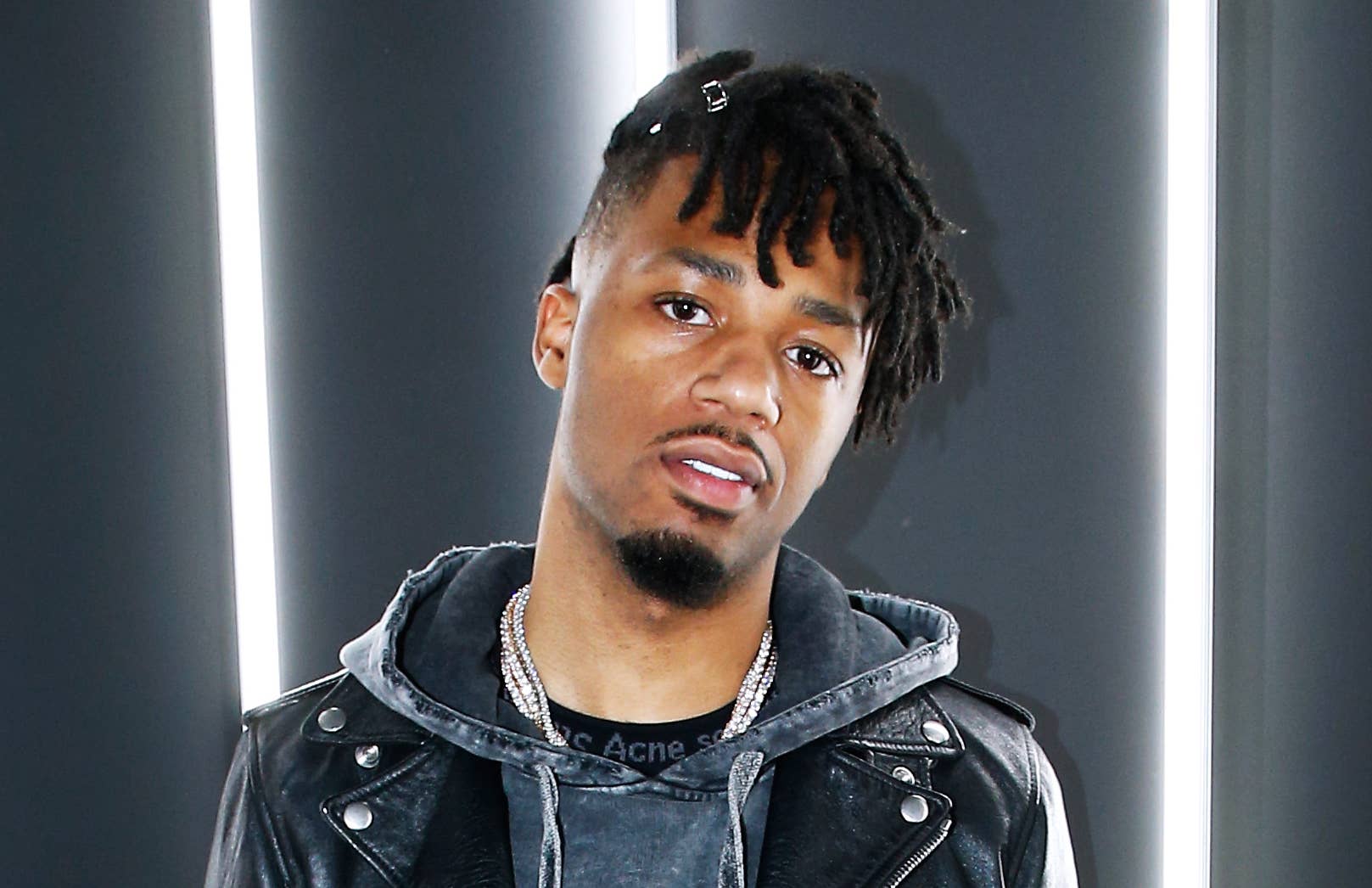
Looks like he wasn’t retired after all.
Metro Boomin’s announcing-an-album-via-billboard release strategy—mere months after saying he was quitting rap—paid dividends this week when he landed his very first number one album with the star-studded collection, Not All Heroes Wear Capes.
The chart placement marks a high point in a trend that has been on the way for a while now: producers are moving from behind the scenes into the spotlight. Whether it’s Metro, Zaytoven, or London on da Track, beatmakers are signing their own record deals, releasing their own projects, establishing their own fanbases, and generally becoming stars in their own right.
The idea of producer-as-star has a long history. Throughout the 1950s, Willie Dixon became a blues icon for his work as a producer and songwriter for Chess Records. And the blossoming of the possibilities of the recording studio in the 1960s brought people like George Martin and Phil Spector to the forefront. Quincy Jones, who had been releasing albums under his own name since the 1950s, became a household name in the ‘80s due to his work with Michael Jackson.
Ezekiel Lewis, Motown’s Vice President of A&R, told me earlier this year that what we’re seeing now with Metro, Zaytoven, and others is building on the work that producers have been putting in for decades.
“The business is very much a cyclical one,” he said. “Puffy was a great example of a producer that made these types of records. Timbaland has done this, in that era. We have a resurgence of the new school of producers that want to be branded, and want people to know how much of an impact they've had.”
RCA chairman Peter Edge seconded that assessment, pointing out that Mark Ronson had his own hit album back in 2015 with the same model we’re seeing today of different vocalists on each song. “It feels like the line between performer, DJ, and producer has narrowed a little bit,” he explained. “It’s not like it is a stretch anymore for a producer to be a performer.”
Metro going to number one shows that fans are finally picking up on that blurred line. Zaytoven, who released his own solo project, Trap HoliZay, this past summer, sees the importance of his position.
For hip-hop listeners, he said, “The producer is just as important as the artist right now. People listen for the producer just as much as they listen for the artist.”
As Edge mentioned, branding is a big key to this producer renaissance. Beatmakers can use their producer tags to raise awareness, go on Instagram to share snippets of their latest studio session or upcoming single, and even use social media to share their personalities with listeners.
The demand for producers to perform live is also increasing. How exactly that works when the guest vocalists are not in the house is something that is developing (right now it’s mostly a play-your-own-hits DJ set), but everyone from Murda Beatz to “Gucci Gang” producer Bighead to Zay himself—not to mention Bey-and-Jay opening act DJ Khaled—have been getting in front of big audiences in recent months.
It remains to be seen how long the current upswing of producers-as-artists lasts. How will the type of person who spends their lives in the relative anonymity of recording studios react to the endless album-tour cycle of a performing artist? Will they rebel against the idea of having a project’s success or failure depend solely on them, rather than a rapper? We have no idea, of course. But one thing we do know is that, because producers’ albums have been proven to be successful, we are sure at least in the short term to see a bunch of, as another producer-turned-artist once put it, clones. It’s hard for anyone to turn down the prospect of a Metro-like chart-topping album. In an era when every high-profile album seems to feature various rotations of the same voices, it's only fitting to have a project’s central figure be the person who creates the music, as a way to differentiate the record from its competition.
Metro may be one of the first rap producers to hit the top of the charts with his own album, but he assuredly won’t be the last.


